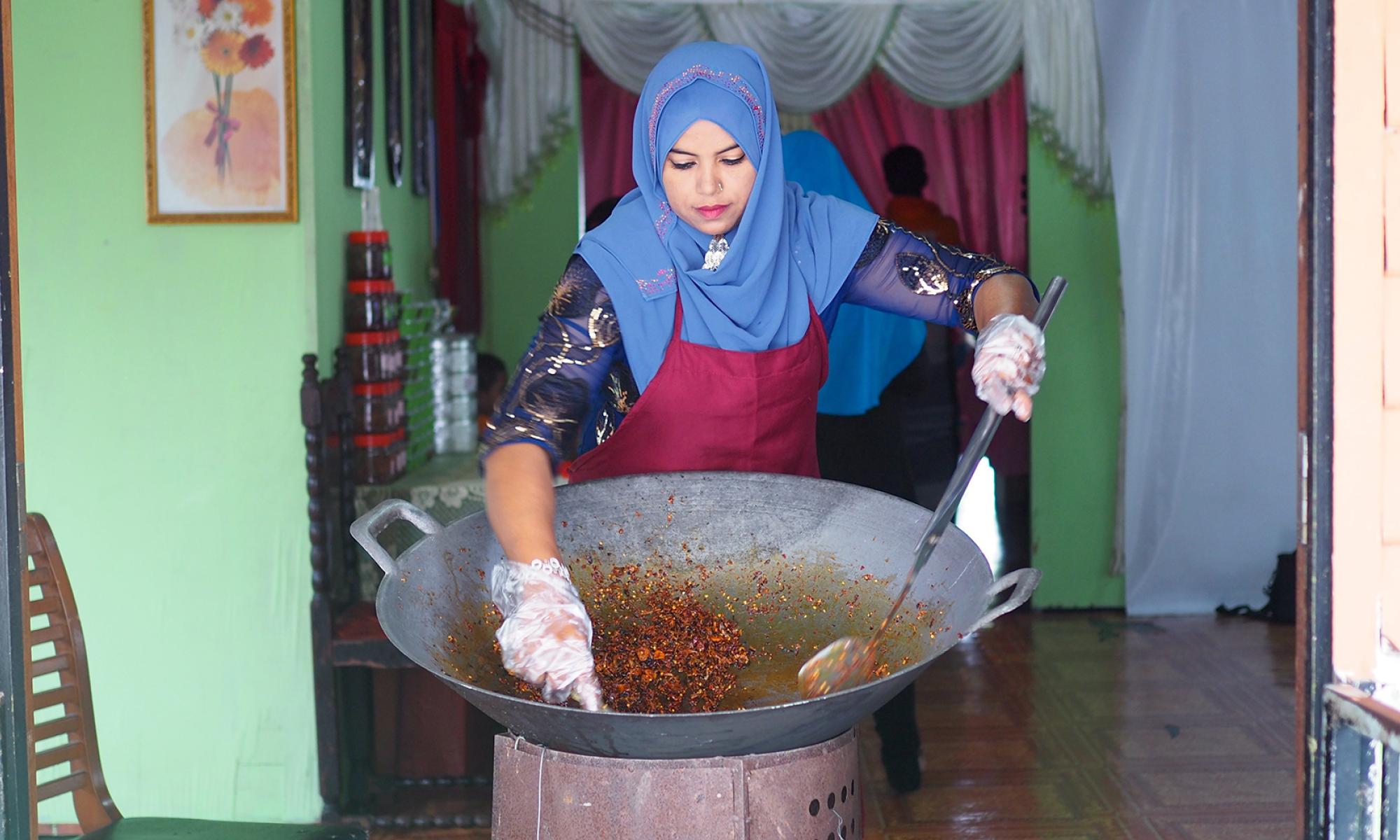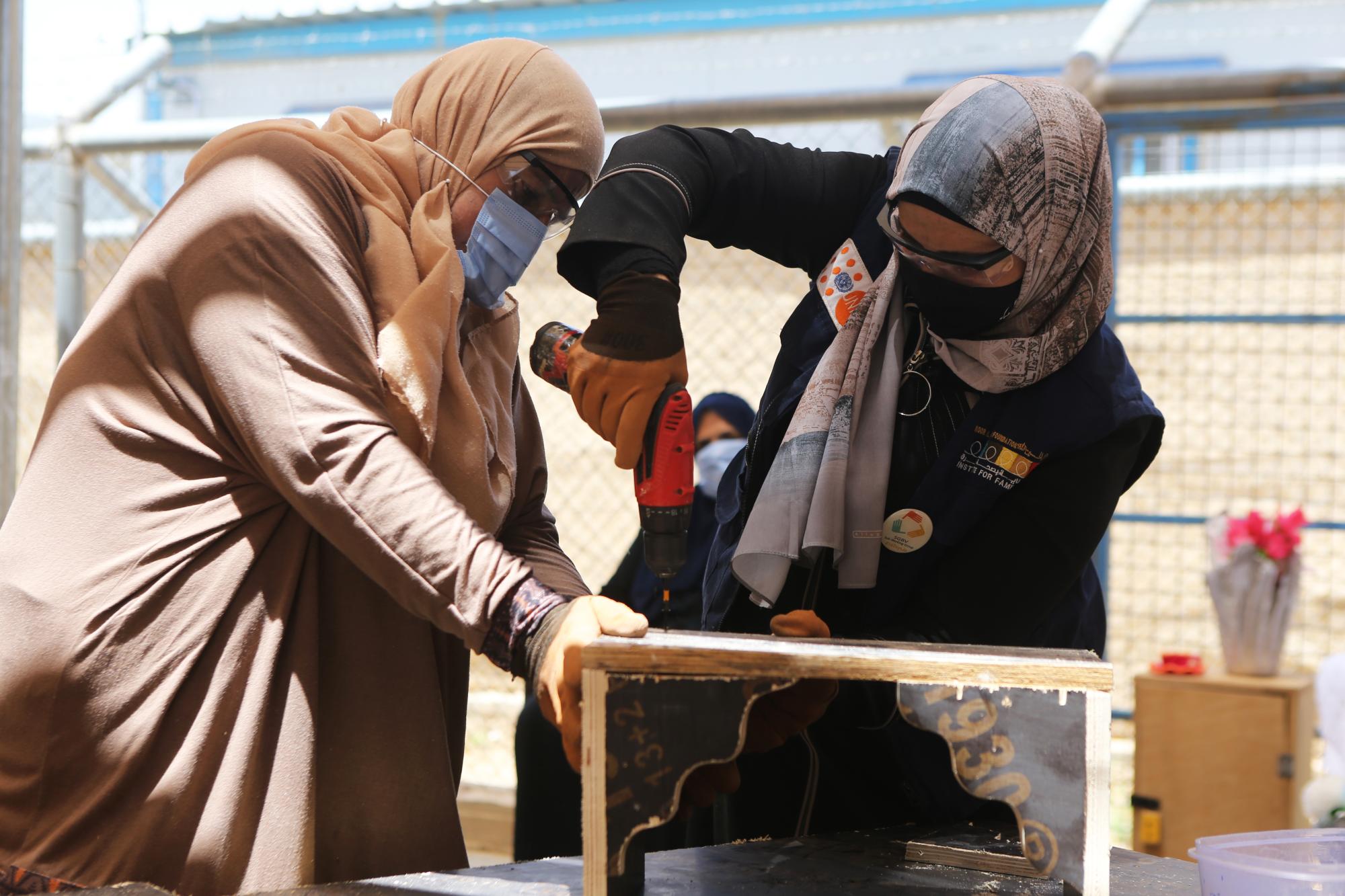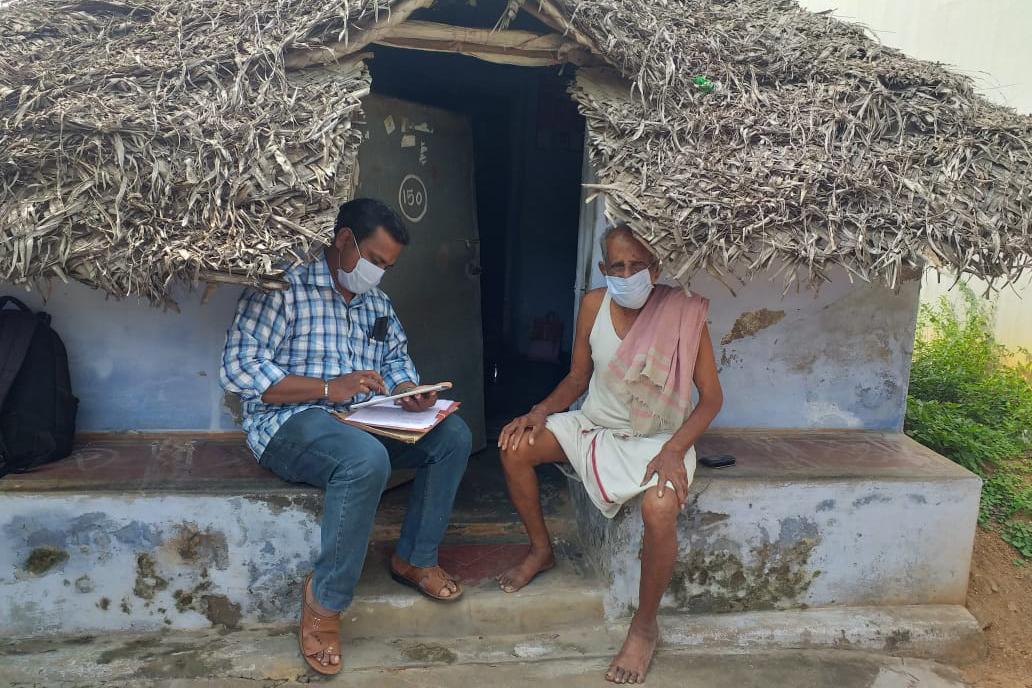
Innovative Research
In 2024, our network of researchers conducting innovative and policy-relevant randomized evaluations surpassed 1,000, a number which includes a growing number of researchers based in low- and middle-income countries.
J-PAL affiliated researchers have now conducted over 2,400 randomized evaluations.
Evaluations have taken place in over 120 countries.
Many of these evaluations were born out of J-PAL’s evidence-to-policy partnerships and embedded labs with governments, NGOs, bilateral and multilateral organizations, and companies around the world, including efforts to scale the most effective solutions.
J-PAL initiatives continue to fund cutting-edge research and scale work on issues affecting vulnerable populations to find the most effective solutions to urgent challenges. This year, we launched the Humanitarian Protection Initiative and renewed the Crime and Violence Initiative to support research on topics such as reducing harm to people affected by conflict.
We also advanced our efforts to democratize access to rigorous research methods and results through the development of new public research resources and efforts to increase the availability of reproducible evaluation data when studies are completed.
Generating new, policy-relevant research
J-PAL’s newest research initiatives and labs are designed to identify and implement solutions to urgent policy challenges facing the world today.
Helping people on the move
Today, over 100 million people have been forcibly displaced. Projected to continue growing, displacement is intertwined with broader development challenges such as poverty, food insecurity, and climate change.
The Displaced Livelihoods Initiative (DLI) addresses this by advancing research on sustainable livelihoods for displaced and host communities. Between 2023 and 2024, DLI funded ten projects in Europe and the Middle East and North Africa on topics ranging from helping refugees integrate into local labor markets to building social cohesion between refugees and host communities.
The Humanitarian Protection Initiative (HPI) invests in research aimed at reducing harm to people affected by conflict and has funded nine projects so far across three key themes: mental health and psychosocial support; combating gender-based violence and sexual exploitation; and preventing conflict and joining armed groups.

Transforming lives through education
Pre-pandemic, more than half of children in low- and middle-income countries were unable to read a simple story by age 10. In the poorest countries, this figure was as high as 80 percent. Pandemic school closures, which affected over one billion children, have exacerbated low learning and inequity. J-PAL’s new Learning for All Initiative (LAI) responds to the current crisis in education and the increasing demand for actionable evidence.
LAI generates randomized evaluations and scale-focused projects that aim to improve student learning by addressing foundational literacy and numeracy, pedagogy, holistic skills, and barriers to equity and inclusion, particularly for girls. LAI funded 72 studies between March 2023 and September 2024, including seven scaling projects and sixteen projects led by J-PAL scholars.
Fostering a unique local partnership to launch an embedded lab
In an extension of J-PAL’s embedded lab efforts, we partnered with the University Mohammed VI Polytechnic (UM6P) to form the UM6P-J-PAL Agricultural Lab for Africa (UJALA). Hosted at UM6P in Morocco, UJALA funds research to rigorously evaluate agricultural technologies and practices designed to increase small-scale farmers’ food security, productivity, and profitability.
Expanding existing initiatives to maximize evidence and reach
Several of J-PAL’s existing initiatives, including the Jobs and Opportunity Initiative (JOI), Crime and Violence Initiative (CVI), Governance Initiative (GI), and Gender and Economic Agency Initiative (GEA) received new funding to continue awarding grants for innovative research, reinforcing the value of building on a decade-strong foundation of successful research and scaling efforts.
These initiatives, respectively, fund randomized evaluations of strategies to improve employment outcomes, reduce crime, promote good governance, and enhance women’s economic agency. In 2024, for example, GI funded six innovative research proposals that focused on political participation and received almost sixty letters of interest from researchers that focused on political participation, state capacity, and corruption and leakages.
Sharing best practices for high-quality research
Integrating qualitative methods into randomized evaluations
From ideation and early research design to uncovering causal mechanisms or details about unexpected outcomes, careful qualitative work is an important complement to the quantitative portion of a randomized evaluation.
Recognizing increased demand by J-PAL research staff for training on qualitative methods, J-PAL recently released two new research resources on integrating qualitative methods into randomized evaluations and implementing qualitative methods in the field.

Adopting new technologies for better data
As part of our ongoing efforts to disseminate public guidance on field research methods, we recently promoted a new resource developed by a team of researchers including affiliated professors Kelsey Jack, Jenny Aker, Seema Jayachandran, Namrata Kala, and Rohini Pande on incorporating remote sensing data into randomized evaluations.
Remote sensing involves collecting data from a distance through devices such as on-site monitors, drones, or satellites and has enabled J-PAL affiliated researchers to evaluate novel interventions such as rainwater harvesting techniques in Niger and payments for farmers to avoid crop burning in India.
Research transparency: Can nudges help researchers share their data?
J-PAL’s research transparency team completed an RCT on the American Economic Association's Randomized Controlled Trial Registry designed to test the efficacy of different nudges for increasing the reporting of post-trial information like trial completion date, final sample size, and links to papers/reports/data. The team found no significant differences between nudges, but the increased frequency of nudges overall increased reporting by a small amount (~10%) during the trial implementation.
Based on these findings, the team is planning to incorporate more frequent nudges into the day-to-day operations of the Registry, while exploring other potential interventions to increase reporting such as automated field suggestions and paper linkages.
The Year Ahead
- Mobilize resources for urgent research: We will partner with funders to expand J-PAL research initiatives—identifying new, innovative policy approaches related to applications of AI for social good, agriculture, climate change, governance, health, inclusive finance, jobs, and social protection; and working with policymakers to implement these approaches and improve lives.
- Provide actionable evidence to policymakers: Accurately comparing results across studies can be challenging when studies use different ways of measuring the same concept. Building on measurement work led by J-PAL initiatives and affiliates in agriculture, gender, and early childhood education, we are investing in new approaches to harmonize research across many randomized evaluations conducted in different contexts to allow for more rigorous syntheses of evidence to inform policy decisions.
As a first step towards this goal, we are piloting a survey bank comprising questionnaires from J-PAL funded studies, a resource we hope will help new and seasoned researchers alike in designing surveys and comparing outcomes across contexts. - Create more training, research, and mentorship opportunities for researchers from underrepresented backgrounds: We are invested in building confidence, technical skills, and networks among researchers from underrepresented backgrounds, including those from and based in low- and middle-income countries.
In recent years, we expanded the J-PAL Scholars and Fellows programs to include more sectors and regions. With additional support, we are eager to expand the availability of research grants, trainings, and workshops, and mentorship programs to invest in researchers in Latin America, South Asia, and Southeast Asia working on issues such as governance, climate change, and social protection.
Lead photo credit: Krisha Vishinpir, Shutterstock.com